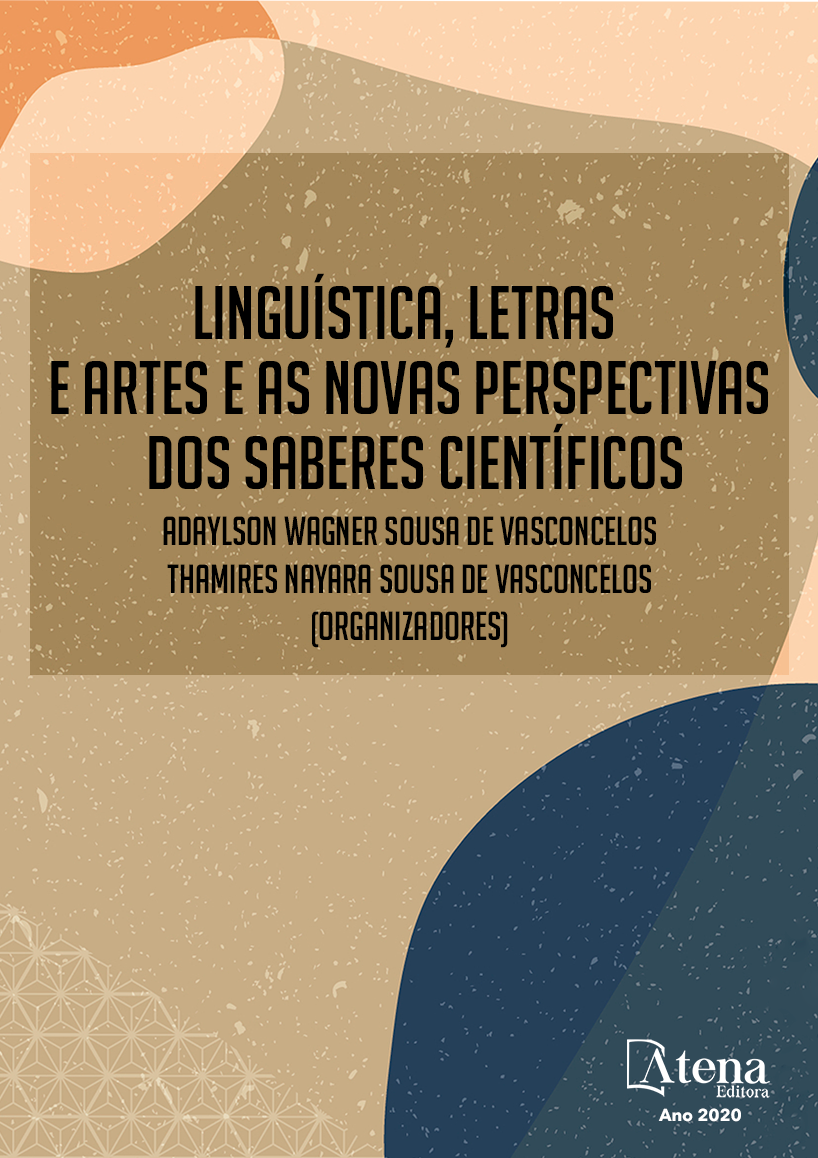
SABERES LOCAIS E O TEXTO MULTIMODAL: PRÁTICAS DE TRANSLETRAMENTOS NA FRONTEIRA.
Considerando a realidade da sociedade contemporânea, na qual a grande maioria das pessoas está constantemente conectada à internet, o uso das novas Tecnologias Digitais de Informação e Comunicação (TDICs) mudou a relação do sujeito com o texto e com o aprendizado. Atualmente, as construções multimodais, nas quais a linguagem não verbal se relaciona com a linguagem verbal para a construção dos sentidos dos discursos produzidos, estão cada vez mais presentes nas práticas sociais, inclusive na escola. Desse modo, o objetivo deste trabalho é analisar um trabalho produzido nesses eventos de transletramento escolar durante aulas de língua portuguesa, discutindo a relação entre os saberes locais dos alunos e o processo ensino-aprendizagem de Português, mediado pelo texto multimodal. À partir da realização do projeto intitulado “Instantes: meu olhar sobre a minha escola”, que ocorreu no Colégio Estadual Ayrton Senna da Silva, uma escola pública de Foz do Iguaçu, com alunos do 7º ano do Ensino Fundamental, pôde-se perceber a importância de valorizar os saberes locais durante o processo de aprendência (ASSMANN, 2001) no qual alunos e professores estão inseridos. Além disso, durante o desenvolvimento do projeto, os alunos puderam mostrar como percebem o seu espaço escolar, além de realizar a produção de textos multimodais usando ferramentas digitais diversas. Esse uso das novas tecnologias, principalmente dos smartphones, é parte do cotidiano dos adolescentes, o que torna a atividade muito mais interessante. Para pensar sobre as relações propostas, tomarei como base teórica os conceitos de cultura (CANCLINI, 2005), cibercultura (LEVY, 1999), multiletramentos (ROJO, 2012), transletramentos (THOMAS et. al., 2007), saberes locais (BASÍLIO, 2006), entre outros.
SABERES LOCAIS E O TEXTO MULTIMODAL: PRÁTICAS DE TRANSLETRAMENTOS NA FRONTEIRA.
-
DOI: 10.22533/at.ed.4692025056
-
Palavras-chave: Transletramento; saberes locais; cultura; cibercultura; multiletramentos.
-
Keywords: Transliteracy; local knowledge; culture; cyberculture; multiliteracy.
-
Abstract:
Considering the reality of the contemporary society, in which the great majority of people is constantly connected to the Internet, the use of new Information and Communication Digital Technologies has changed the relation between the subject, the text and the learning. Nowadays, multimodal constructions, in which a non-verbal language relates itself with a verbal language for the construction of meaning in uttered discourses, the social practices are increasingly present, including at school. Thus, the objective of this work is to analyze a task produced in these events of school transliteracy during the Portuguese language classes, discussing the relation between the students’ local knowledge and the process of teaching and learning of Portuguese, mediated by multimodal texts. With the carrying out the project entitled “Instants: my sight over my school”, which took place at Ayrton Senna da Silva State School, a public school in Foz do Iguaçu, with students from the 7th grade of Fundamental School, it was possible to see the importance of valuating the local knowledge during the learning process (ASSMAN, 2001), in which students and teachers are inserted. Besides that, during the development of the project, the students could show how they saw their school environment, aside from producing multimodal texts using various digital tools. This use of the new technologies, especially smartphones, is part of the teenagers’ everyday life, which makes the activity much more interesting. In order to think about the proposed relations, I will take as a theoretical basis the notions of culture (CANCLINI, 2005), cyberculture (LEVY, 1999), multiliteracy (ROJO, 2012), transliteracy (THOMAS et. al., 2007), local knowledge (BASÍLIO, 2006), among others.
-
Número de páginas: 11
- Maria Elena Pires Santos
- ADRIANE ELISA GLASSER


